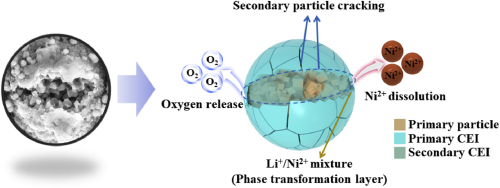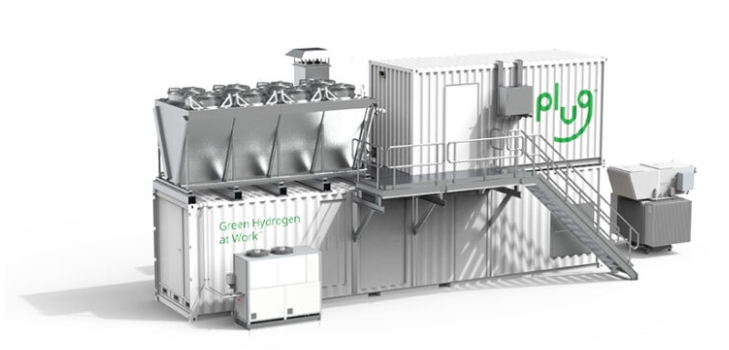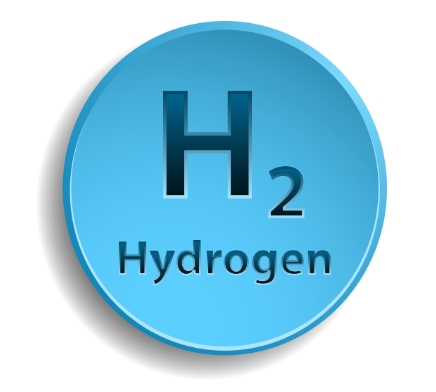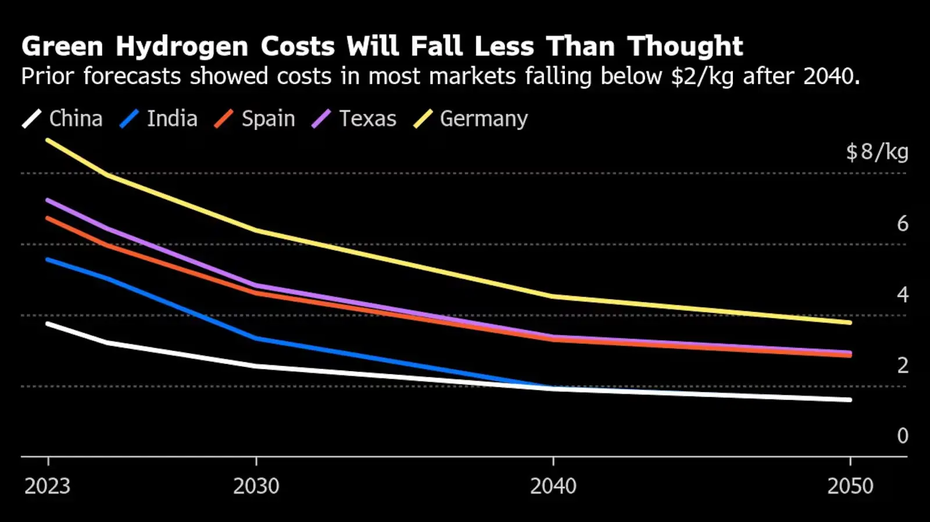Intermittent overcharging occurs during the long-term operation of cells due to inconsistencies among cells within the battery pack and the potential faults in battery management system. The results of the study indicate that:
The presence of intermittent overcharging accelerates capacity degradation and impedance rise in cells, which primarily result from secondary particles cracking, Li+/Ni2+ mixture, and transition metals dissolution, ultimately leading to the loss of cathode active material and lithium inventory.
The cells suddenly fail after about 100 cycles of intermittent overcharging, with the cause identified as the cumulative gas production resulting from side reactions between cathode and electrolyte, which eventually pushes the valve to bend, cutting off the internal electrical circuit.

To predict battery failure caused by intermittent overcharging, a method is proposed by monitoring abnormal changes in surface temperature, charging capacity, and charging current during the overcharging stage, thereby enhancing the reliability of cells in practical applications.
—Chen et al.







